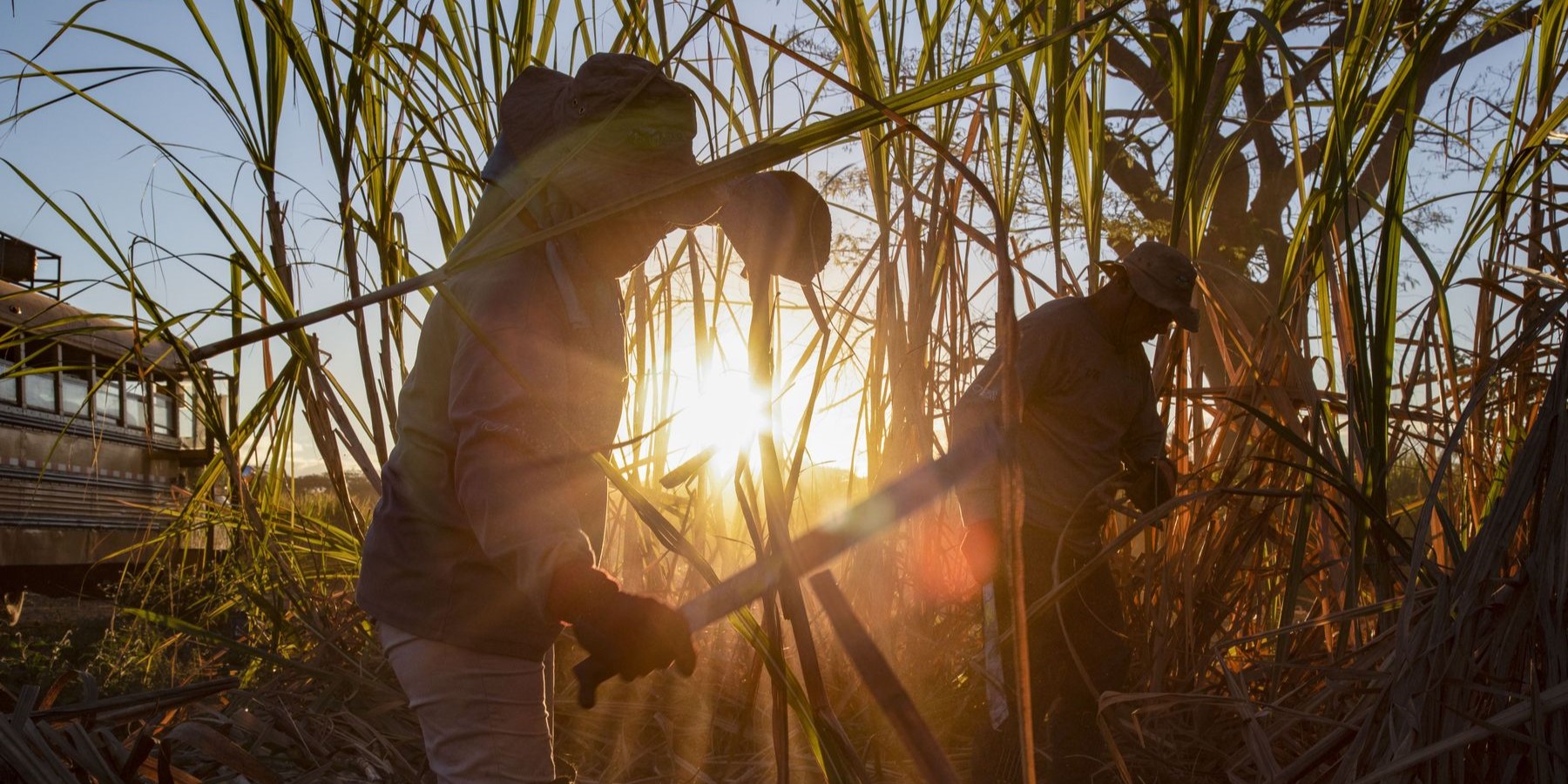
Protecting workers in a changing climate in Diageo's rum supply chain
Name of the project: Protecting workers in a changing climate in Diageo’s rum supply chain
Call for proposals theme: Human rights and decent work
Project lead: Diageo
Co-leads: La Isla Network, Alcoholes Finos Domincanos, West Indies Rum Distillery
Grant awarded: £150,000
Project budget: £223,566
Photo at the top of the page: Ed Kashi / VII


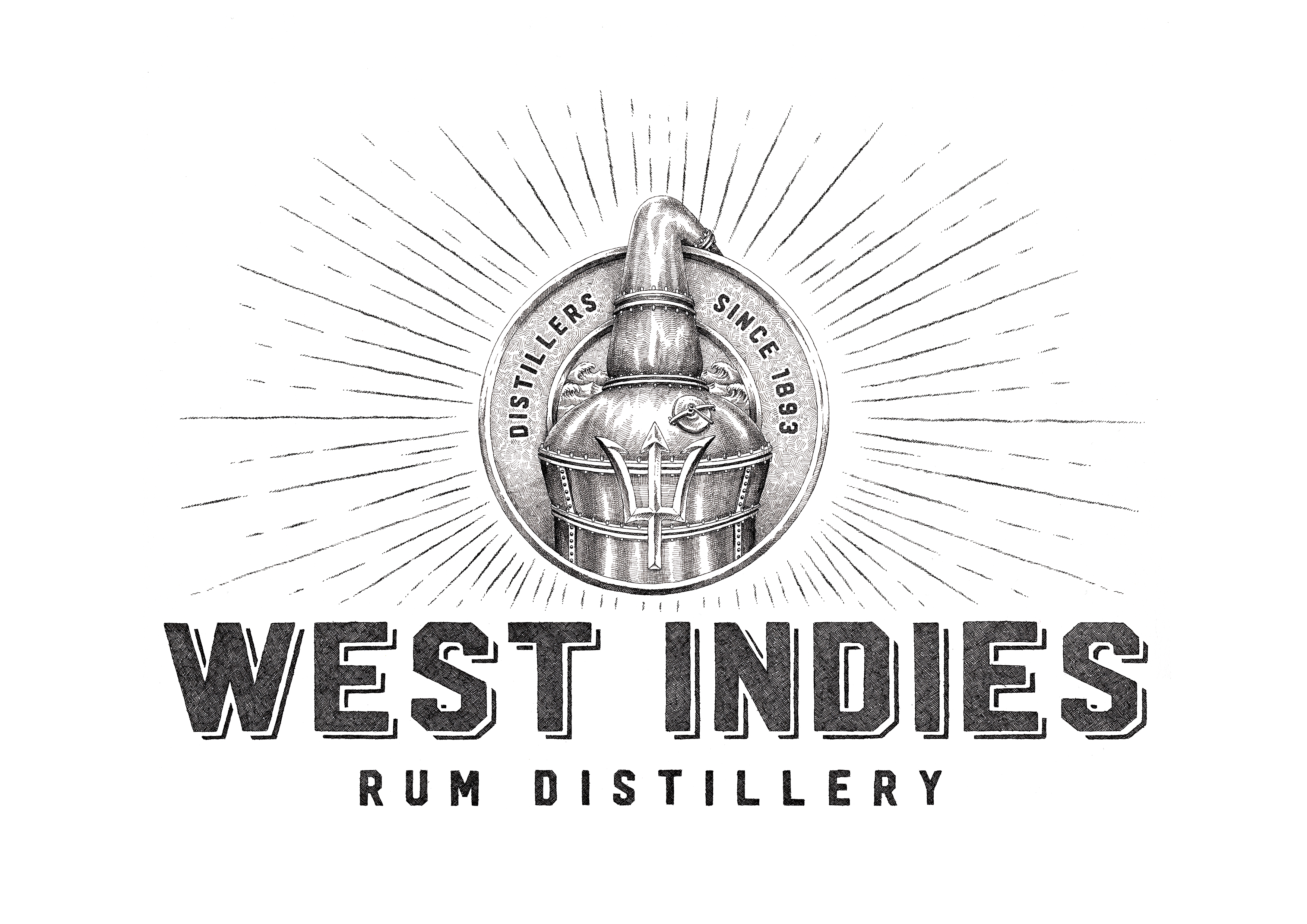

Diageo is an alcoholic beverage company that produces spirits and beer. Many of its brands source sugarcane throughout Central America and the Caribbean, particularly within its rum supply chains.
The project is run with La Isla Network (LIN), a non-profit organisation that works to prevent heat related illnesses, injuries and deaths, as well as other occupational safety and health risks facing labour forces. There are two principal partners in the supply chain, which is West Indies Rum Distillery in Barbados and Alcoholes Finos Dominicanos in the Dominican Republic.
Purpose of the project
More than one billion workers across the globe already experience heat stress at temperatures above 35°C and unless timely action is taken, more than 4 billion people living in hot areas will experience negative health and safety effects and suffer from reduced work capacity in the course of the twenty-first century. One of the perils of working in high heat is chronic kidney disease of non-traditional causes (CKDnt). CKDnt is the leading or second leading cause of death of men between 18-45 in the cane producing regions of Central America and Mexico. While the sugar industry is undoubtedly affected, it has the opportunity to be a leader in addressing the issue.
Through this initiative, Diageo has partnered with La Isla Network to determine the current levels of heat related risk in its supply chain, and address them utilising LIN’s Triple-A approach:
- Assess, where they assess the existing policies, procedures and protocols;
- Address, where they address the issues and provide protocols to close the gaps;
- Assist, where they assist in implementing the changes to produce sustainable change.
This is done by making changes in not just the harvesting and milling of the sugarcane, but the organisational management. The net result is a reduction of harm for the most at-risk workers in the supply chain, improved productivity, a positive return on investment (ROI) and improved access to remediation for those who have already suffered harm.
LIN’s Rest-Shade-Hydration-Sanitation intervention at Ingenio San Antonio in Nicaragua – which has become a centre of excellence – has reduced heat-driven acute kidney hospitalisations of workers at Ingenio San Antonio by 94% while generating a ~27% return on investment (ROI) for the company. Diageo’s rum suppliers have been presented with those impacts and are eager to make those changes too.
The outcomes of this project will embed best-practices in heat stress management and the prevention of other occupational injuries and illnesses throughout Diageo’s rum supply chain.
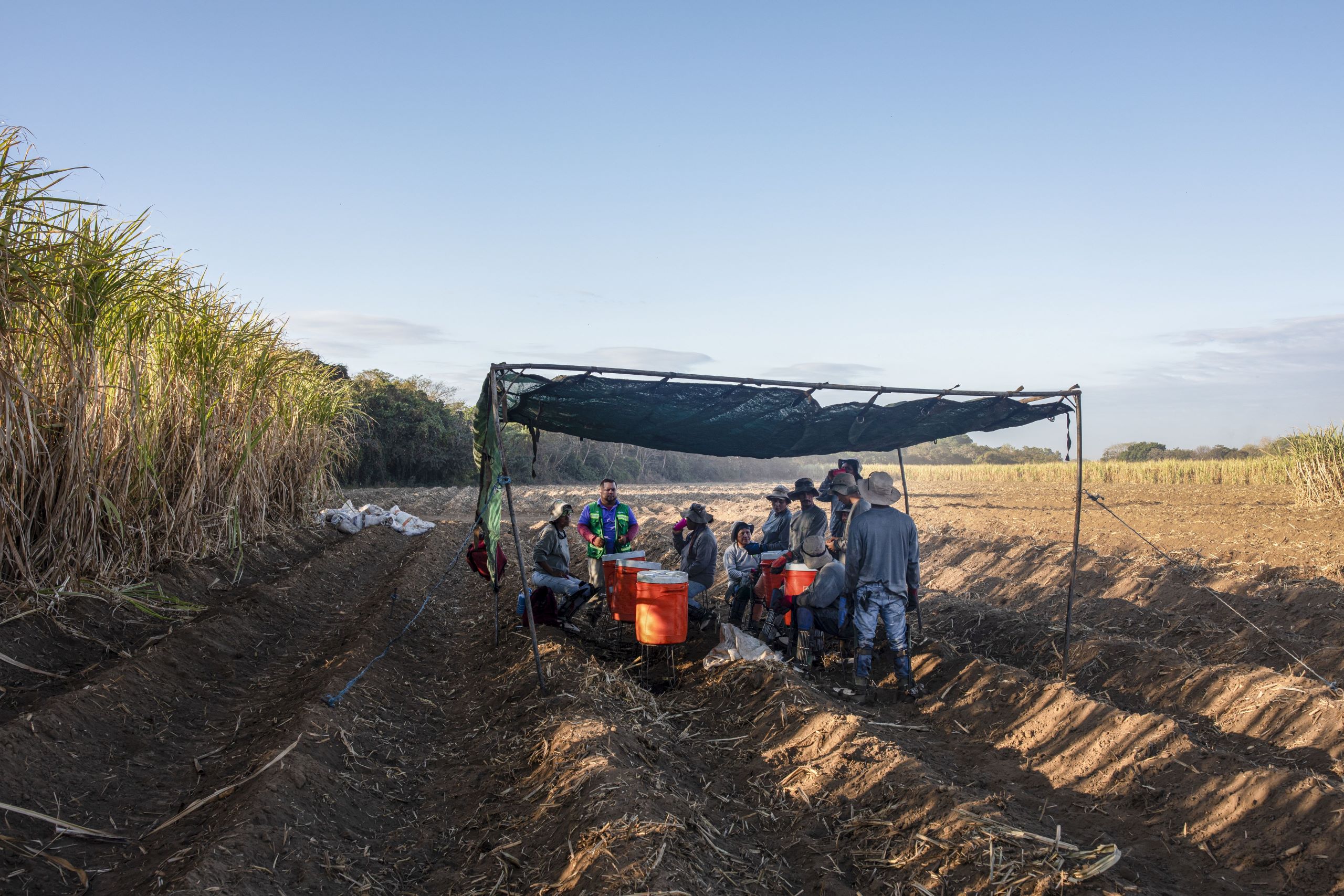
Location
In 2022, Diageo piloted the project with suppliers in Jamaica and Guatemala, who produce their largest volumes of molasses. This allowed them to compare data from two distinct regions (Central America and the Caribbean) and see how the project benefits producers in different stages of their implementation of heat stress management measures.
After piloting the project there for a full harvest season, Diageo is now extending it to the rest of its molasses supply chain in the Dominican Republic and Barbados.
Why this project?
The Bonsucro Impact Fund supports collaborative, scalable and innovative projects that accelerate sustainable sugarcane production.
Scalability
Initial assessments have taken place in Jamaica and Guatemala, and the project can be scaled and applied to all of Diageo’s rum producing sugarcane suppliers and beyond- including agave in Mexico, grapes in Turkey, and sugarcane for neutral spirits in Africa and India, where similar working conditions exist.
Within the sugarcane sector, the company plans to scale immediately to the rest of its rum supply chain in Barbados and the Dominican Republic. The partnership with LIN has already led to conducting initial training and awareness sessions for these sites in June and July 2023, as well as in Brazil in November 2023, where Diageo sources sugarcane for neutral spirits. The appetite to improve exists amongst its suppliers. The potential impact is global.
A systemic approach that connects to the root causes of the problem
Most heat related work guidelines are absolute; they indicate at what temperatures it is safe to work and when it is not, and classify work into light, medium and heavy work. Wearable devices that claim to measure core body temperature provide notice when a particular temperature threshold is met.
But neither of those address the reality that work must go on, even in the hot, humid conditions in which sugarcane is harvested and milled. Nor do they effectively capture the metabolic load burned cane cutters experience.
By adopting LIN’s Triple-A program, organisations implement Rest, Shade, Hydration and Sanitation protocols that core body temperature keep workers safe and minimise the amount of time a worker’s CBT is above 38°C. When the organisational management changes, and leadership understands the rationale and benefits of the protocols, workers can effectively get the job done while minimising the risk to their health.
Sustainability
The project has been designed in a way that the effects of the intervention can become a business-as-usual means of working. A large part of the focus is on the management of the sugarcane producers being able to see the benefits of a healthier and more productive workforce, with a clear ROI for the intervention activities. This will enable sustainable buy-in as the benefits will have significant commercial impacts on the producers at the same time.
Suppliers in the project will use LIN’s Data Acquisition and Interpretation System (DAIS). This platform allows users to track and monitor key data related to heat stress – including weather information, health status, workload, work practices, and adverse events to protect workers and predict future risks. DAIS will be used on an ongoing basis, even after the project ends. This will assist occupational safety and health teams and key members of management to sustain the changes that are implemented during the project once LIN and Diageo are no longer providing oversight.
Expected outcomes
- Stronger and safer working conditions for workers in sugarcane farms and mills, resulting in lower occurrence of occupational injuries and illness, like CKDnt.
- Higher productivity and return on investment for producers, driving long-term engagement from leadership.
- Healthier and thriving workers in the community, positively impacting families and communities with improved income.
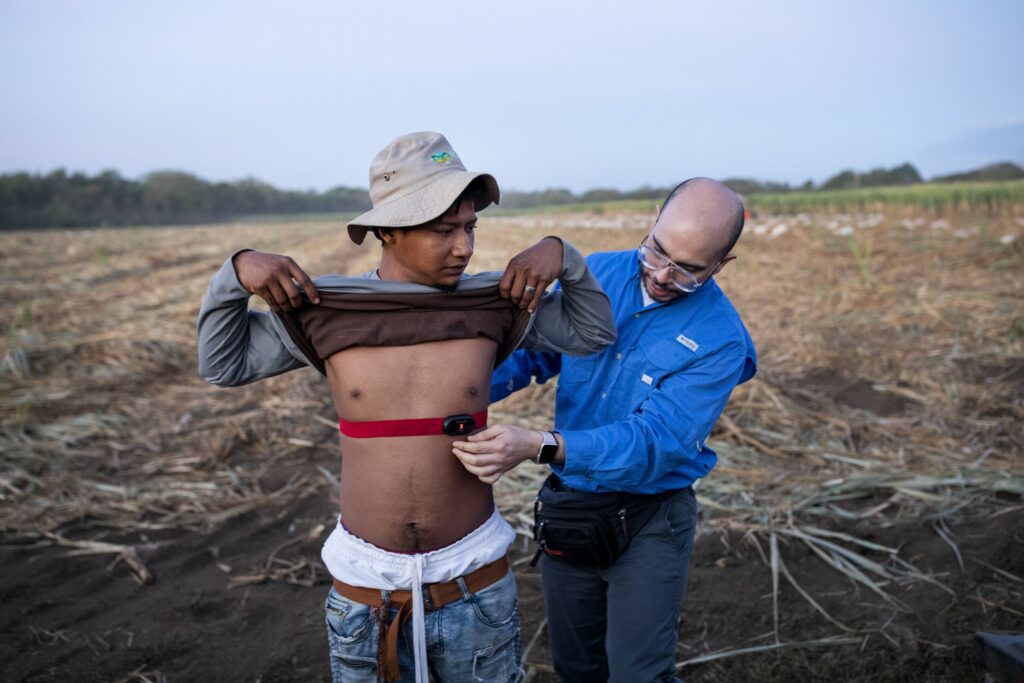
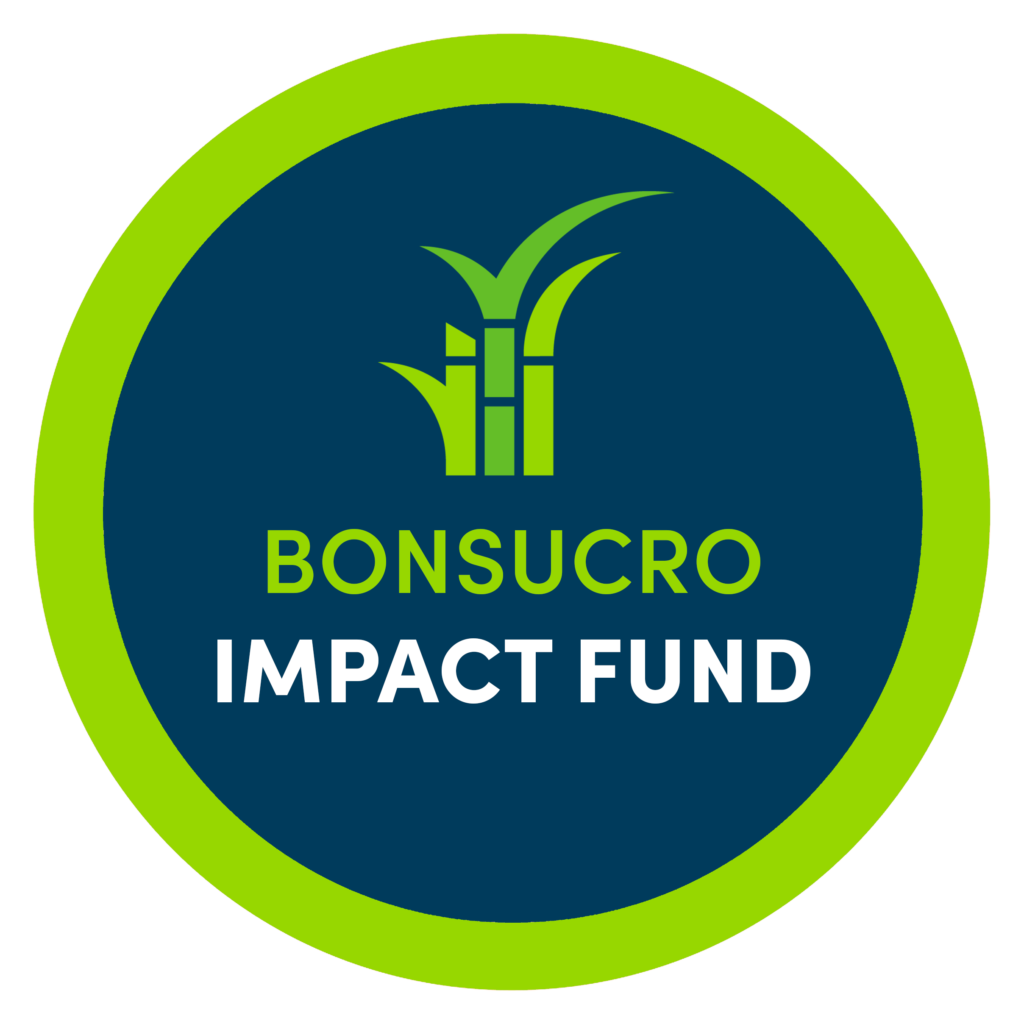
Bonsucro Impact Fund
The Bonsucro Impact Fund invests in impact projects that address critical sustainability challenges in the sugarcane sector.
The Bonsucro Impact Funds uses income from the sale of Credits through the Bonsucro Credit Trading Platform.
All trades are charged a transaction fee, around 50% of which is invested into the Bonsucro Impact Fund.
Learn more about the Fund and check for grants available here.
Bonsucro Credit Trading
By purchasing Bonsucro credits for sugarcane, ethanol, molasses and raw sugar, companies support impact projects on the ground through the Bonsucro Impact Fund.
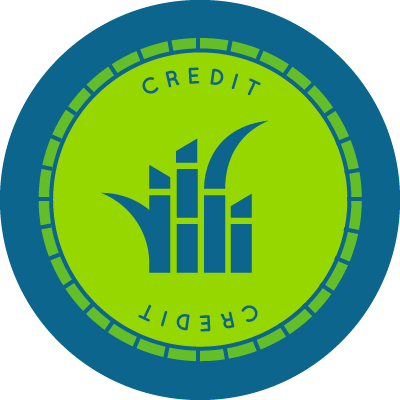
Sign up to our newsletter
Get the latest industry insights, and stories from all corners of the supply chain straight to your inbox.




